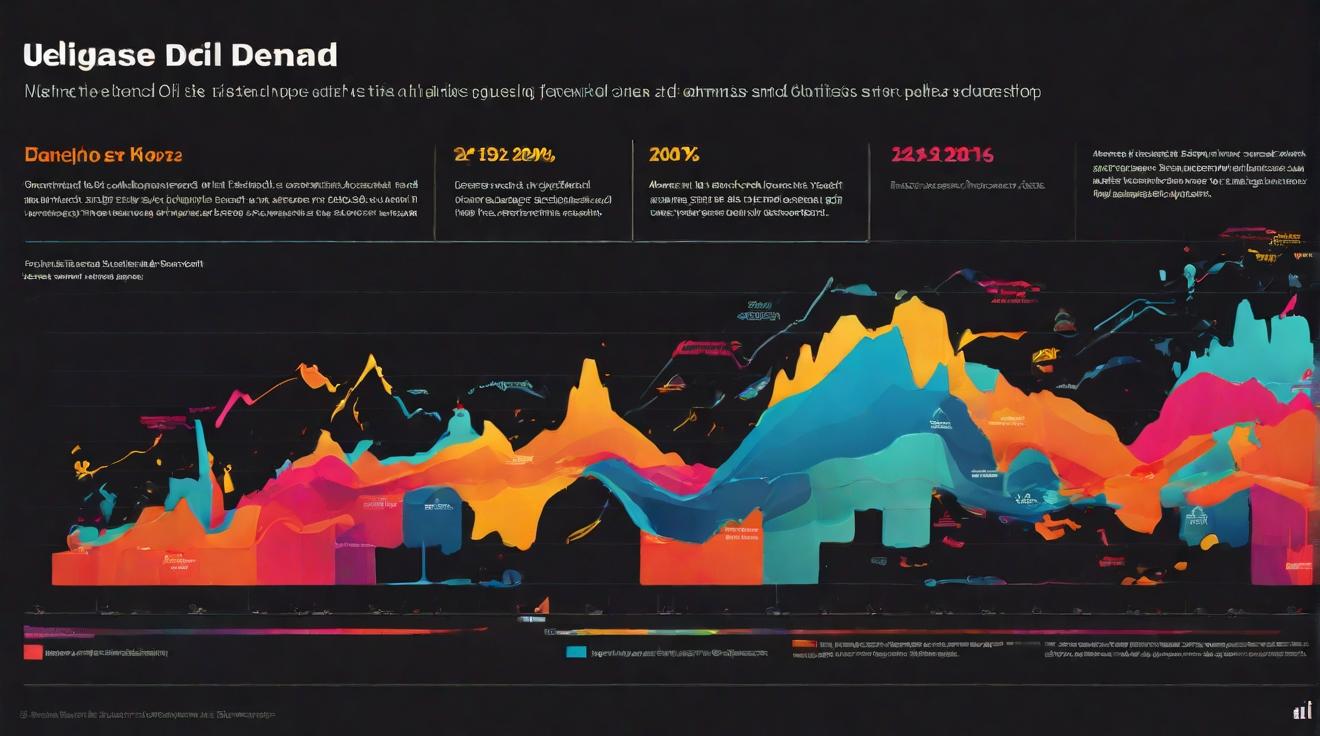OPEC Leaves 2024 Oil-Demand Growth Forecast Unchanged
The Organization of the Petroleum Exporting Countries (OPEC) has decided to maintain its forecast for growth in global oil demand this year at 2.2 million barrels a day (mbd), matching its previous January outlook. This brings the total oil demand for 2024 to 104.4 mbd, with a slight upward adjustment made for the United States due to improving expectations for its economy.
Despite this positive news, OPEC also announced a downward revision of around 150,000 barrels a day compared to its previous assessment in January. This revision is mainly attributed to the European countries in the Organization for Economic Cooperation and Development (OECD), which experienced a decrease in oil demand projections.
Looking ahead to 2025, OPEC expects oil demand to grow by 1.8 mbd. However, the organization also highlighted the supply side of the market, forecasting non-OPEC liquids production to increase by 1.2 mbd, leading to an average of 70.5 mbd. This figure includes 50,000 barrels a day from processing gains.
This latest forecast by OPEC provides valuable insights into the global oil market, balancing the expected growth in demand against the anticipated supply increase. It also acknowledges the impact of economic factors, such as the positive effect on oil demand from the improving U.S. economy.
As the year progresses, it will be interesting to monitor if these projections hold true and how they will impact the geopolitical landscape and global energy prices.
Analyst comment
Overall, the news can be seen as neutral as OPEC maintains its growth forecast for global oil demand in 2024. However, the downward revision for European countries and the forecasted increase in non-OPEC liquids production could have a slight negative impact on the market. The positive effect from the improving US economy may help balance the situation. Monitoring the projections and their impact on the geopolitical landscape and energy prices will be important.













